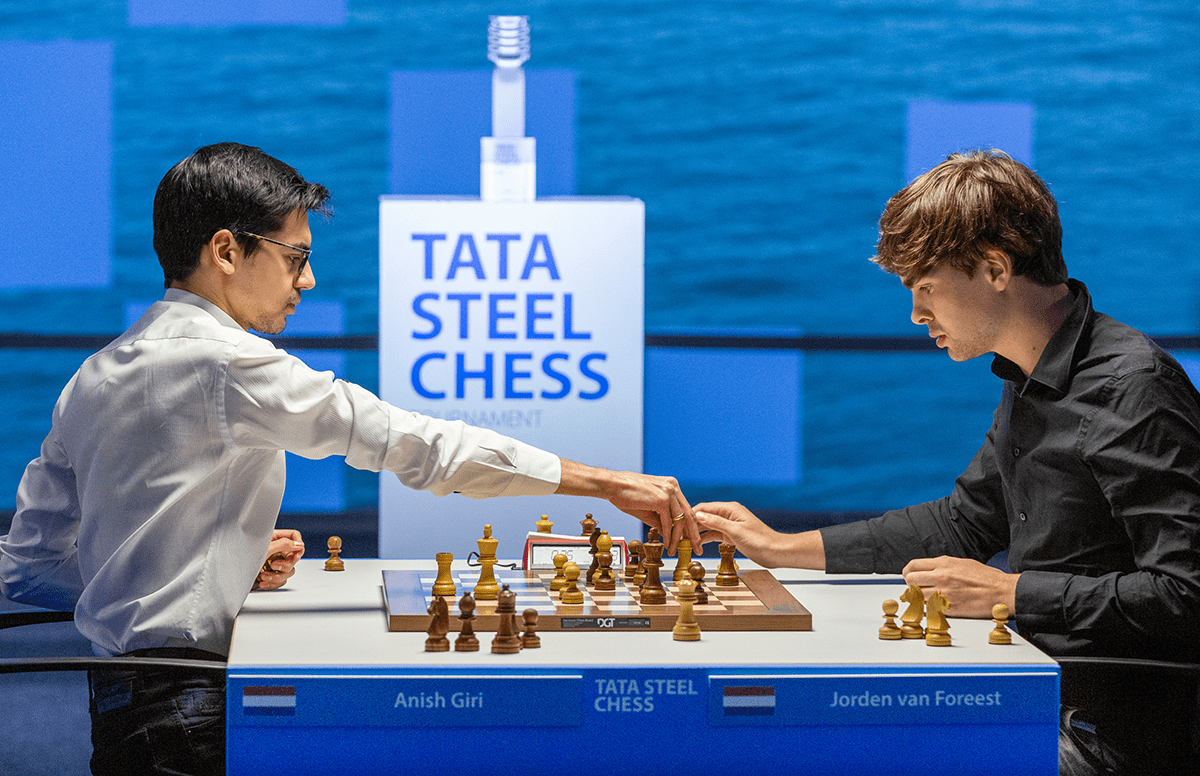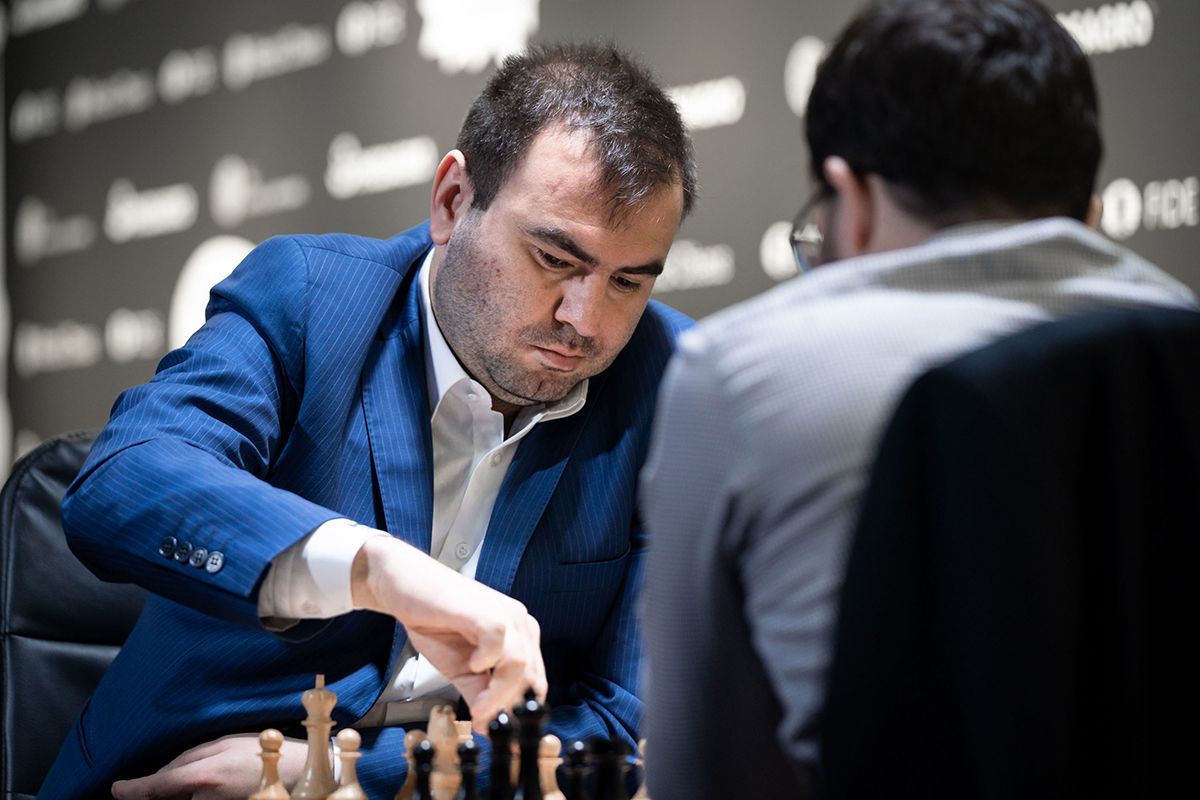
Armageddon
What happens when two players are playing in a tournament final, but they're so close in strength that their games keep ending in a draw? Are they doomed to keep playing until one of them succumbs to exhaustion? Fortunately, there's a better way—armageddon tiebreaks.
Here's what you need to know about armageddon:
What Is Armageddon In Chess?
Armageddon chess has the same rules as a regular game of chess except for two very important distinctions: 1) Black has draw odds, meaning that if Black draws the game, then they win, and 2) Black starts with less time on the clock than White. Armageddon games are typically used as a final tiebreak system after multiple draws have occurred in previous stages of the match.

Armageddons are usually the last resort to determine a winner. Generally, armageddons are preceded by other types of tiebreaks, like a series of blitz games.
Types Of Armageddon
There are a few types of armageddon games in chess. Players can get a predetermined amount of time on their clocks: In blitz time controls, White usually gets five minutes on the clock while Black receives four. For rapid, usually White starts with ten minutes and Black with eight. However, variations of this rule exist, and the players may start with different times on their clocks.
There are also different types of bidding armageddon, where players can bid time to play with Black, as well as armageddons where players bid time and color, the latter being more common in Chess960 competitions. In bidding armageddons, players usually communicate privately how much time they're willing to give up to play with their desired color. The player who gives up the most time wins the bid and plays with the time and color matching their bid.
Why Are Armageddon Games Important?
Armageddon games are important because they're a way of quickly determining a winner after a match has had many draws. Since draws are not uncommon at the highest levels of play, armageddons help decide the match's winner even if the game ends in a tie.

Conclusion
You now know what an armageddon game is, how it works, and why it's important. Head over to our Events page and check the ongoing events—maybe you'll get to see an armageddon tiebreak happening live!







